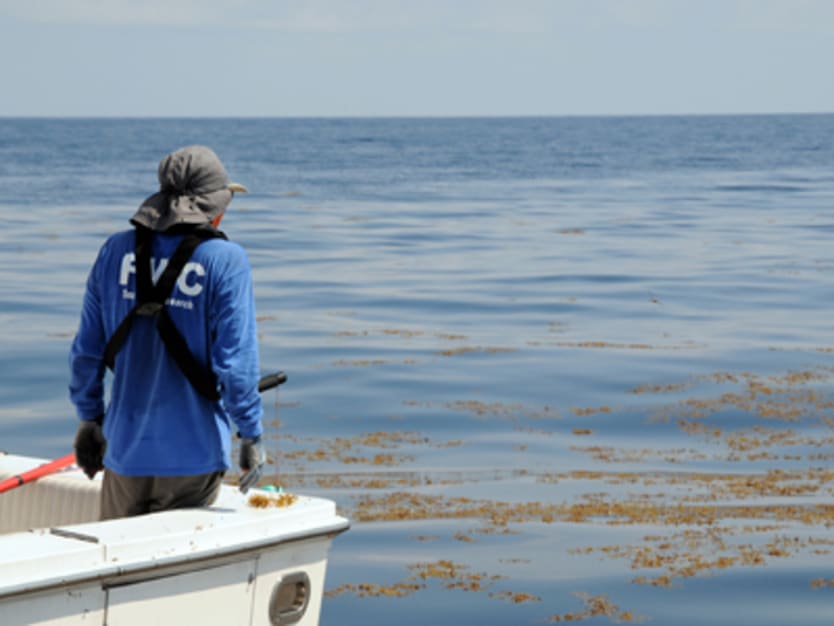
It’s a big week for environmental activists and sustainable development advocates in New York, as world leaders descend upon Manhattan for the Clinton Global Initiative and United Nations General Assembly annual meetings as well as a flurry of side events.
Hillary Clinton is expected to announce on Thursday a new initiative to combat wildlife trafficking that involves several nonprofits and other stakeholders. The initiative dovetails with efforts Clinton started during her tenure as U.S. secretary of state, which laid the groundwork for the Presidential Task Force on Wildlife Trafficking, announced by U.S. President Barack Obama in Tanzania this July.
Clinton’s daughter, Chelsea, who is now vice-chair of the Clinton Foundation, wrote last month that wildlife trafficking, especially around elephant tusks, is not just an ecological problem but a social, economic and security concern as well.
“To help end this crisis, we need a complete systems change, and we need to recognize that elephant poaching exists within its own market system – we need to stop the killing, stop the trafficking, and stop the demand by educating end consumers,” Clinton wrote on the Clinton Foundation website.
Meanwhile, the so-called “Ocean Elders” — a group including billionaire philanthropists Richard Branson and Ted Turner —are meeting with environmental leaders and activists to hash out funding priorities and a strategy to ensure environmental stewardship will be incorporated in a global development blueprint to succeed the Millennium Development Goals by 2015. An initial proposal by a high-level panel of leaders appointed by U.N. Secretary Ban Ki-moon will be discussed across town at the U.N. General Assembly.
“I am thrilled & slightly nervous” to present to the Ocean Elders on Monday, Geoff Green, founder of the Students on Ice Foundation, tweeted early in the day.
On Monday, Twitter was abuzz with messages on the environment, especially marine pollution. The Ocean Elders, meanwhile, announced the formation of a Council of Advisors that includes Lisa Speer of the National Resource Development Council, Kristina Gjerde of the International Union for Conservation of Nature, Gregory Stone of Conservation International and Dan Laffoley, an expert in ocean conservation.
The goal for environmental activists is to convince world leaders that healthy ecosystems are crucial to sustainable development, and that sustainability should be incorporated in every single development goal, said Sebastian Troeng, Conservation International’s senior vice president and managing director of The Betty and Gordon Moore Center for Science and Oceans.
Conservation International will release its second annual Ocean Health Index later this week to draw attention to marine conservation. Results differ somewhat from last year’s due to changes in the index’s methodology, Troeng said, but overall, several small island states have improved their performance while fragile and post-conflict states in West Africa and elsewhere are lagging.
The NGO has been working on a pilot project in Guyana since last year that is meant to integrate four metrics — on the governance of natural resources, sustainable production, human well-being and critical natural capital — into a dashboard that can inform action at the country level. Findings will be turned into a manual on how to calculate these metrics, Troeng said, and there are plans to expand the pilot to other countries, including Madagascar and Cambodia, next year.
You can follow Devex on Twitter and Facebook, and find comprehensive coverage of New York #globaldev Week here.
Read more development aid news online, and subscribe to The Development Newswire to receive top international development headlines from the world’s leading donors, news sources and opinion leaders — emailed to you FREE every business day.
